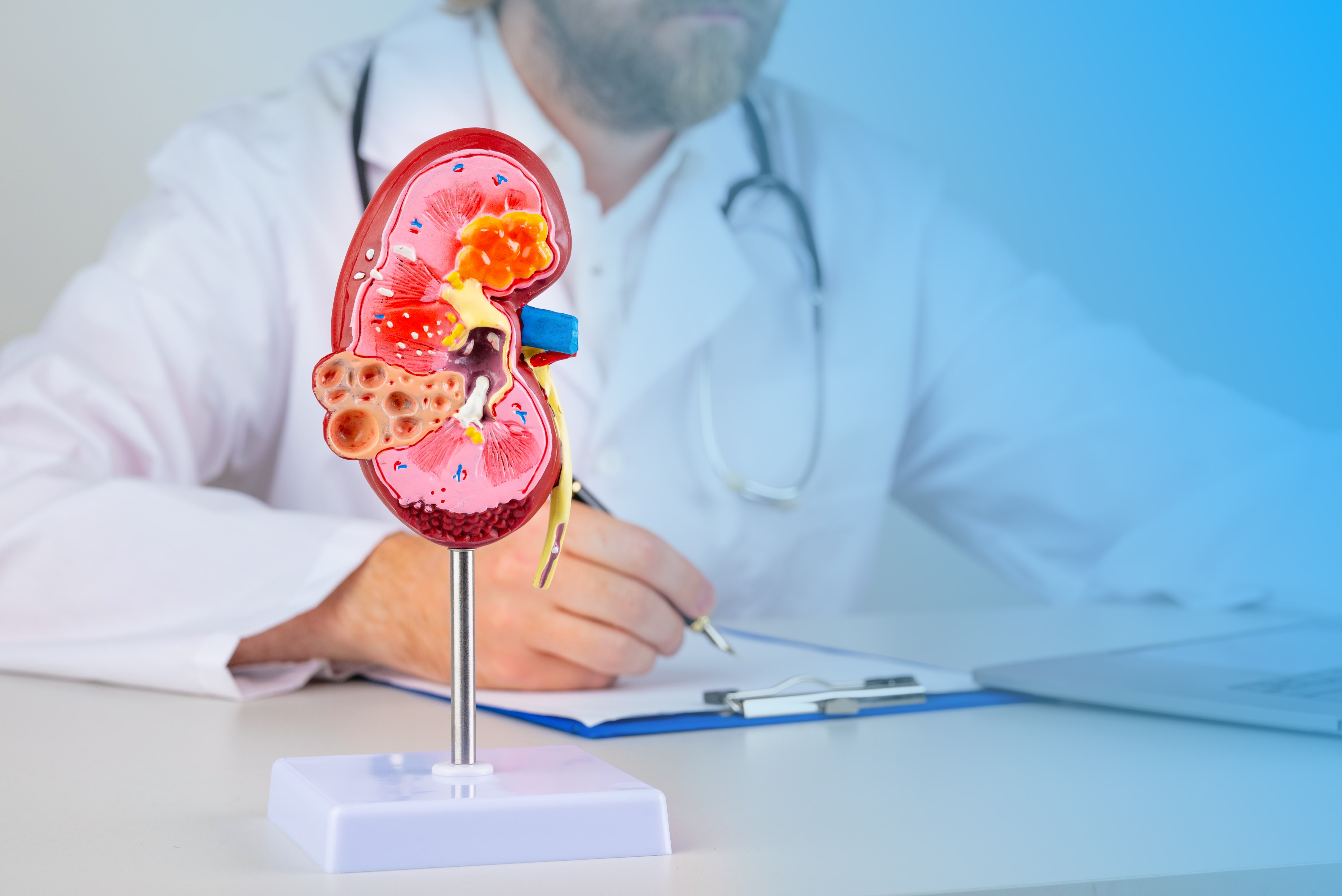
Urinary Incontinence or the loss of bladder control is an involuntary leakage of urine. It occurs if the patient urinates when he doesn’t want to. This condition is caused when the urinary sphincter is either weakened or is lost. It is the most common condition that affects many people especially in old age all across the world.
This a common and most often embarrassing problem that people suffer. The intensity of this condition ranges from occasionally leaking urine while sneezing or coughing or having a strong urge to urinate that is so sudden and strong that you don’t even get to the toilet on time. It occurs more often as people get older. There are different types of Urinary Incontinence. Here are few common types of urinary incontinence:
Causes
There are different factors that contribute to the prognosis of urinary incontinence. It could be due to overactive bladder muscles or weakened pelvic floor muscles. Sometime nerve damage could also affect the bladder control function. It could also be caused due to our day to day habits, medical conditions and physical problems. Urinary incontinence could be surfaced as a side effect of a surgery.
Sometimes urinary incontinence may happen for many reasons like urinary tract infections, constipation, vaginal infection or irritation. There are certain medications also which can cause bladder control problems. The exact reason may be determined by the doctor assessing your condition. However there are certain foods, drinks and medications that may act as diuretics that stimulate you bladder and increase the volume of urine. These may include:
Symptoms
Here are few common signs of urinary incontinence:
When to see a doctor?
If you are embarrassed by urinary leakage and avoid important activities due to this problem, you need to make an appointment with your urologist to get the required medical care. You may feel uncomfortable with your doctor. But your incontinence is frequent and is affecting your quality of life, it is important that you seek medical advice because it may cause you restrict your social activities that can negatively impact your life and can indicate a more serious underlying condition. If you experience any of these signs, it is a time to see a doctor. These may include:
Your doctor may help you improve your condition.
Treatment
The treatment of urinary incontinence depends on the type of incontinence, its underlying cause and the severity of the condition. You doctor many recommend less invasive treatments to start with and move on to other treatment options including different techniques, medications and surgery to improve your condition. Most common treatment options and techniques your doctor may suggest include:
Behavioral techniques
These techniques include bladder training, double voiding, scheduled toilet trips and fluid and diet management, schedule toilet trips and more. Following are common techniques which are suggested by your healthcare provider can include:
Surgical Treatments
If these techniques don’t help improve your condition, medication and surgery may be required. The successful surgical treatments and procedures may include:
Medications
Here are the most common medications that can calm the overactive bladder and may be helpful for urge incontinence. These may include:
Prevention
Changing your lifestyle may help with bladder problems. Preventing constipation and adopting healthy lifestyle can help improve the condition of urinary incontinence. Few healthy habits can bring a drastic change you need to improve your bladder function. Following healthy life-style, dietary changes and medical care can be helpful to relieve urinary incontinence symptoms among patients with this condition.
Wellcare Medical Center offers the best treatments for urinary incontinence in Abu Dhabi UAE
Wellcare Medical Center in Abu Dhabi UAE is the state-of-the-art healthcare facility that has been exclusively designed to offer the best treatments and healthcare services for people of all ages affected by a wide spectrum of conditions related to urinary incontinence. At Wellcare Medical Center, we provide the world’s best infrastructure, technology and healthcare professionals to provide the most effective and comprehensive services in treating our patients suffering from urological disorders. We are catering to diversified groups of the society. Our trained and experienced healthcare consultants are well-known to provide you the best treatments and healthcare services that you deserve in Abu Dhabi. Come with confidence and get the best treatment just now.